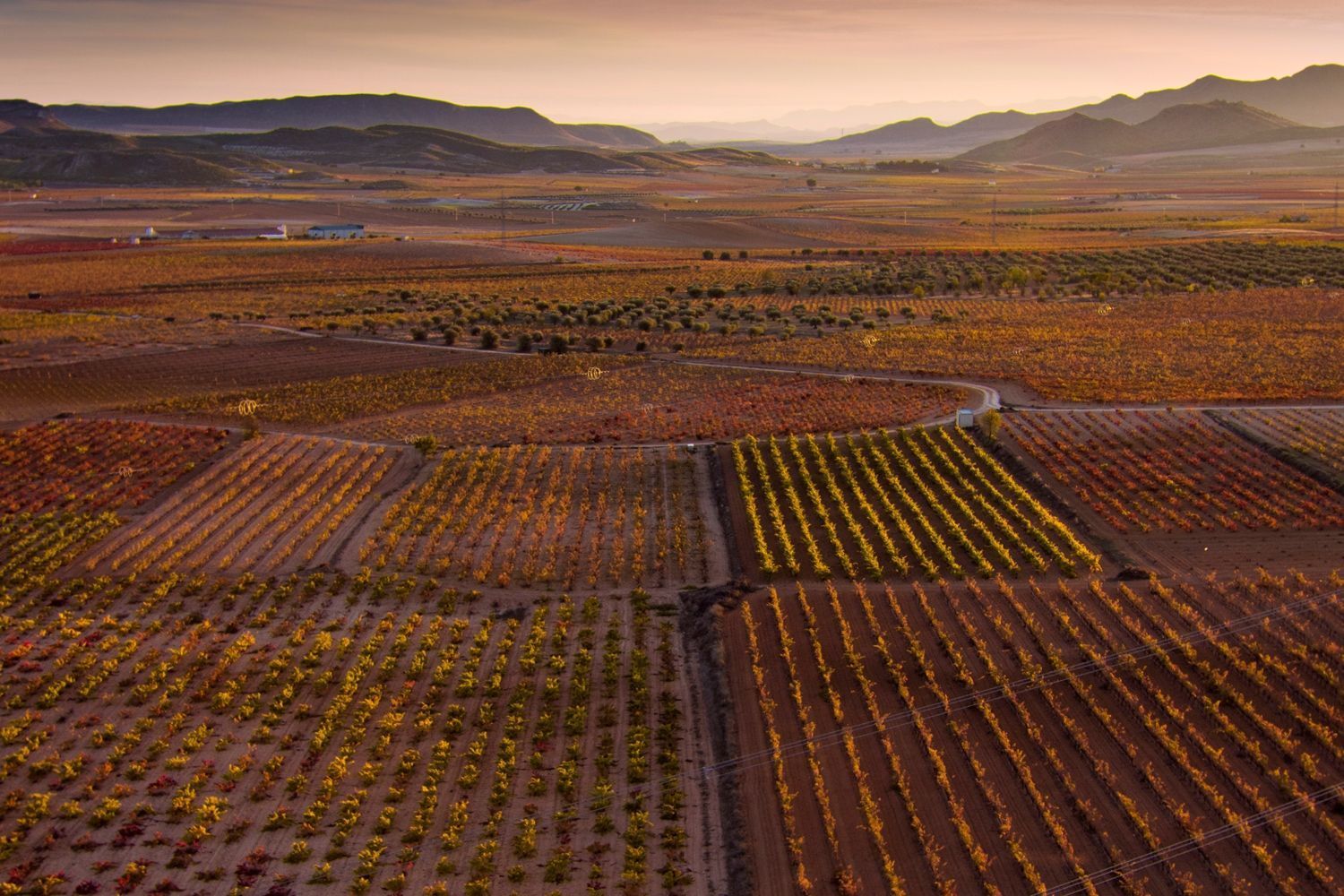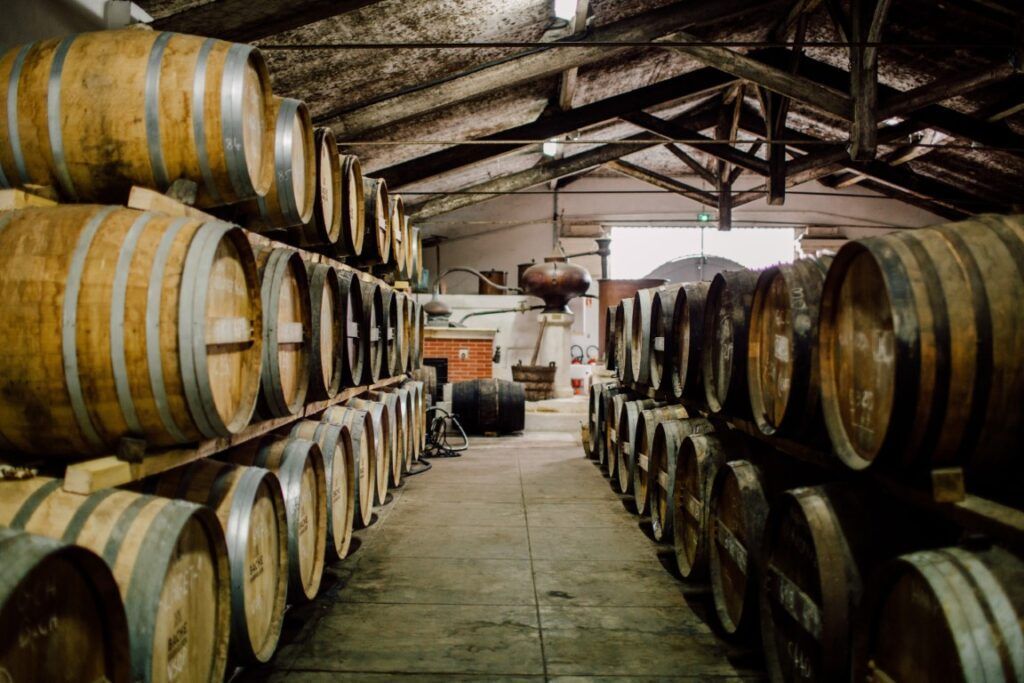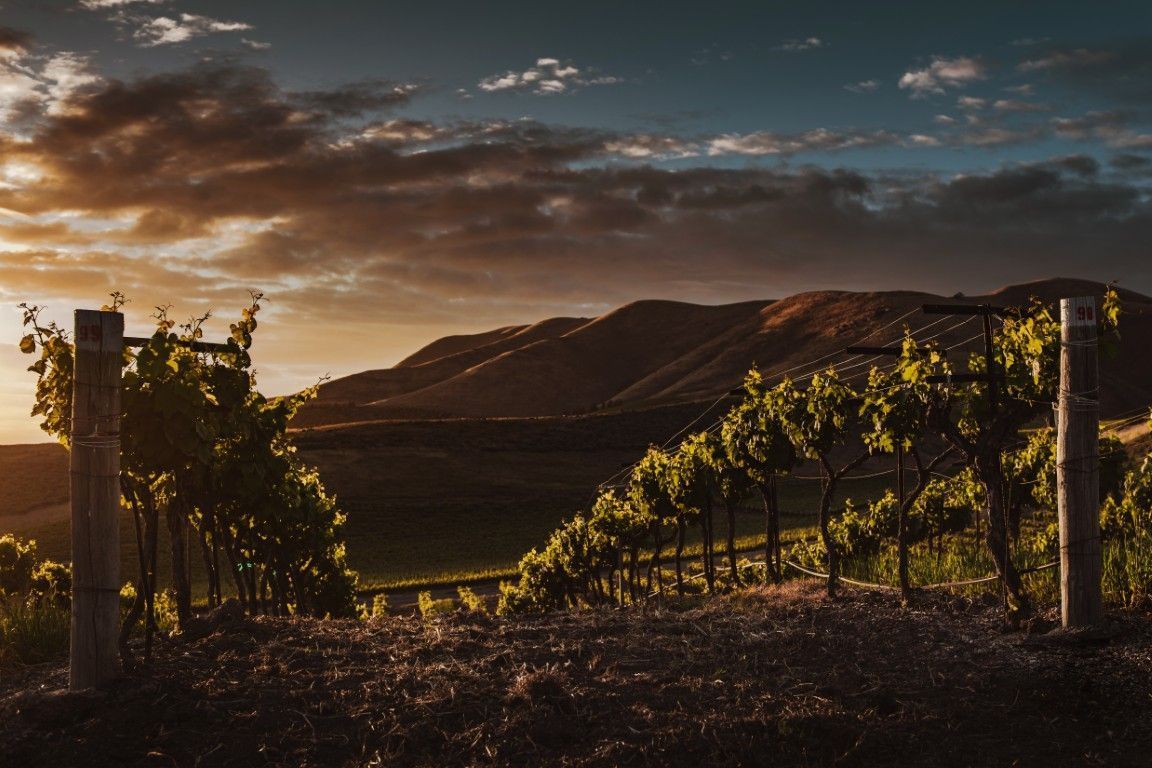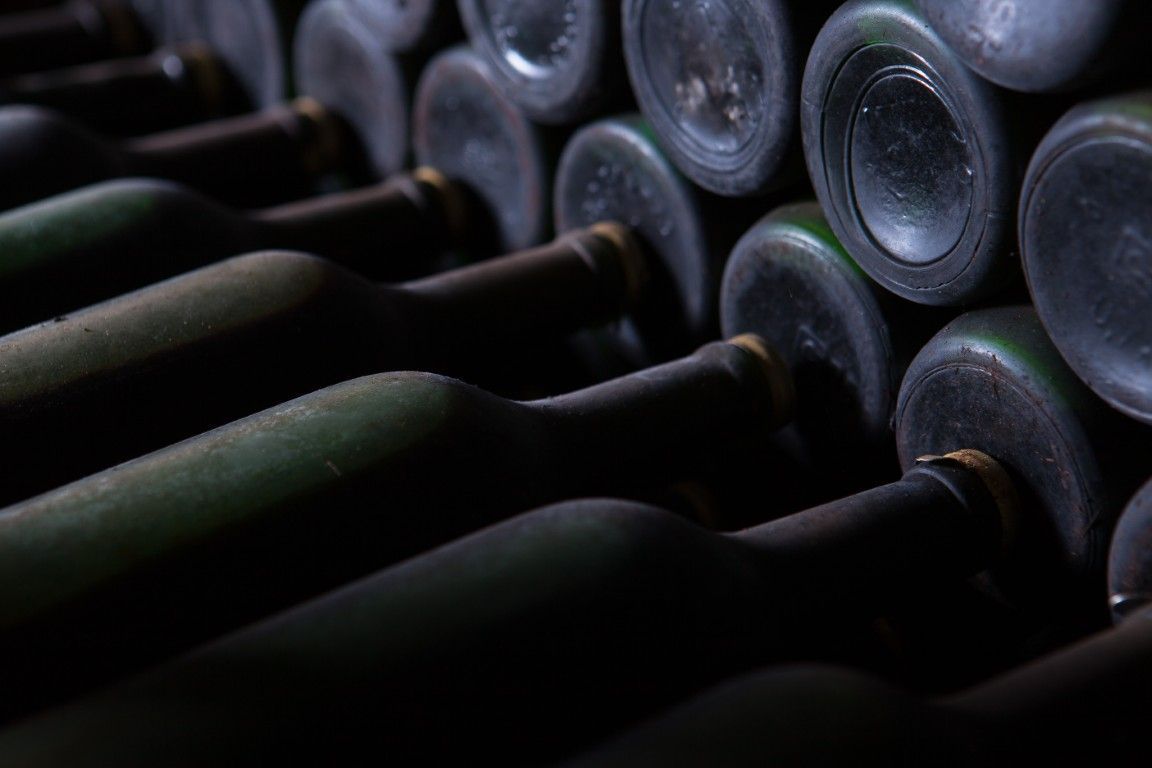Jumilla, located in the Region of Murcia, is renowned for its rich winemaking tradition and the quality of its wines. With a history dating back centuries, this region has solidified its reputation in the wine world, attracting wine tourists and enthusiasts from all over the world.
Jumilla and its Renowned Winemaking Tradition
Brief History of Wineries in Jumilla
Viticulture in Jumilla has its roots in ancient times, with evidence of vine cultivation dating back over 5,000 years. Over the centuries, the region has perfected its winemaking techniques, adapting to changes and challenges such as the phylloxera plague in the 19th century. This devastating event affected much of Europe, but Jumilla managed to recover and revitalize its wine production, establishing itself as one of Spain’s leading wine-producing areas.
The Protected Designation of Origin (PDO) for Jumilla Wines
In 1966, the Jumilla Protected Designation of Origin (PDO) was established, covering municipalities in the Region of Murcia and the province of Albacete in Castilla-La Mancha. This PDO guarantees the quality and authenticity of the wines produced in the region, particularly highlighting the Monastrell grape variety, which represents over 85% of the planted vines. Monastrell is known for its drought resistance and its ability to produce full-bodied and characterful red wines.
How Many Wineries Are There in Jumilla?
Currently, the Jumilla PDO comprises 41 registered wineries, each with its own history and approach to winemaking. These wineries range from small family-owned businesses to large producers, offering a wide variety of wines that reflect the diversity and richness of Jumilla’s terroir.
Top Wineries in Jumilla to Visit
For those wishing to explore the world of wine in Jumilla, here are some of the most prominent wineries offering wine tourism experiences:
- Bodegas Luzón: One of the oldest wineries in the region, combining tradition and innovation in its winemaking. It offers guided tours and tastings that allow visitors to learn about its production process and taste its flagship wines.
- Bodegas Viña Elena: Founded in 1948, this family winery specializes in the Monastrell variety. It offers visits to its vineyards and cellars, as well as tastings of its wines and extra virgin olive oils.
- Bodegas Xenysel: Known for its organic wine production and commitment to sustainability. It offers wine tourism experiences that include vineyard tours and wine tastings.
- Casa de la Ermita: Located in the Sierra del Carche, this winery combines tradition and innovation in its winemaking. It features a wine museum and offers guided tours and tastings.
- Bodegas Delampa: With over 100 years of history, this winery specializes in the artisanal production of Jumilla wines. It offers tastings and visits to its facilities.
Unique Experiences: Guided Tours and Tastings at Jumilla Wineries

Guided Tours at Jumilla Wineries
Jumilla wineries offer guided tours that allow visitors to immerse themselves in the wine production process, from vineyard to bottle. These visits typically include tours of the vineyards, explaining vine cultivation and terroir characteristics, as well as visits to production and aging facilities. Additionally, many wineries have museums or interpretive spaces that enrich the wine tourism experience.
Wine Tastings: What to Expect During a Tasting in Jumilla
Tastings at Jumilla wineries offer the opportunity to sample a variety of wines, primarily made with the Monastrell grape. During the tasting, visitors can appreciate the organoleptic characteristics of each wine, such as color, aroma, and flavor. Oenologists or guides usually provide detailed information about each wine, including its production process, tasting notes, and possible pairings. Some wineries also offer tastings of local products, such as olive oils or cheeses, enhancing the overall experience.
Tips for Enjoying a Visit to Jumilla Wineries
- Book in Advance: Many wineries require prior reservation for tours and tastings, especially on weekends or during peak seasons.
- Check Opening Hours: Wineries may have specific visiting hours, so it is advisable to check this information before planning your visit.
- Wear Appropriate Clothing: Comfortable shoes and suitable clothing are recommended for walking through vineyards and winery facilities.
- Moderation During Tastings: Although tasting is an essential part of the visit, it is important to consume in moderation, especially if driving afterward.
- Make the Most of the Experience: Feel free to ask questions and learn about the winemaking process, grape characteristics, and the winery’s history.
Frequently Asked Questions About Jumilla Wineries
What is the Best Winery to Visit in Jumilla?
The choice of the best winery to visit in Jumilla depends on personal preferences. For example, those seeking a winemaking experience with a long history might opt for Bodegas Luzón, while lovers of organic wines might prefer Bodegas Xenysel. Each winery in Jumilla offers its unique charm, so it is advisable to do some research and choose the one that best matches personal expectations.
Is it Necessary to Book Winery Tours in Advance in Jumilla?
Yes, it is recommended to book in advance, especially during peak tourism seasons or weekends. Many wineries manage their tours through a reservation system to ensure a personalized experience and avoid overcrowding, so planning the visit in advance ensures a spot in scheduled activities.
How Long Does a Winery Tour in Jumilla Take?
The average duration of a guided winery tour is one to two hours, although this may vary depending on the winery and the type of experience chosen. If the tour includes wine tastings, vineyard visits, or additional activities, the duration may be longer. For a relaxed visit, it is advisable to allocate two to three hours.
Which Jumilla Wineries are Recommended for Family Visits?
Some Jumilla wineries offer activities adapted for family visits. Wineries like Viña Elena and Casa de la Ermita often have tours that include educational explanations about the winemaking process and areas where children can enjoy the experience in a safe and educational environment. It is advisable to contact the winery in advance to check if they offer specific activities for families.
What Types of Wines Can You Taste at Jumilla Wineries?
Most Jumilla wineries produce wines from the Monastrell variety, a native grape of the region. This grape is known for producing full-bodied, intense, and fruity red wines. In addition to reds, some wineries offer whites, rosés, and aged wines that also stand out for their quality. During tastings, visitors can sample wines of different styles, from the youngest to those aged in barrels, discovering the richness and variety offered by Jumilla’s wine production.
Discover Excellent Cork’s Synthetic Stoppers
At Excellent Cork, we specialize in manufacturing high-quality synthetic stoppers, ideal for preserving the properties of wines during storage. Our commitment to quality and innovation positions us as a reliable supplier for wineries across Spain, including those in the Jumilla PDO, where respecting the preservation and presentation process of wines is essential.
Excellent Cork offers synthetic stoppers tailored to the specific needs of each winery, ensuring an optimal quality-price ratio and complying with the highest food safety standards. For Jumilla wineries, choosing a quality stopper is a key aspect to ensure that the flavor and aroma of their wines remain intact until the moment of serving.
When planning a visit to Jumilla’s wineries, you can discover an experience rich in history, flavors, and traditions that enhance the region’s winemaking reputation. From the majesty of the vineyards to the tastings of their flagship wines, every detail contributes to an unforgettable immersion in the world of oenology.





